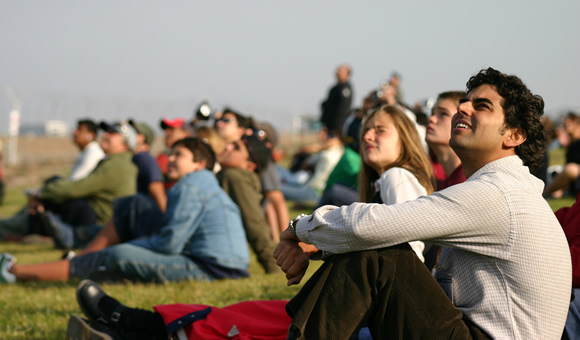Why Study Social Psychology?
Social psychology studies the nature of social interaction and interpersonal relationships, how various social settings and individuals' roles are interconnected, and the various factors which influence small group dynamics (e.g., work groups, study groups, youth societies, groups of friends, teams, juries, clubs, task groups in experimental research). Social Psychologists examine how individuals' perceptions, belief systems, moralities, identities, and behaviors are influenced by their positions in social space (and how the former may also influence these positions and larger structural arrangements).
Oklahoma State University faculty interests include: group processes, social exchange, social networks, sport and leisure, organizational behavior and change, adolescence and young adulthood, law and crime, stratification, and community sociology.
Faculty: Dr. Jean Van Delinder, Dr. Tamara Mix, Dr. Rachel Schmitz, Dr. Monica Whitham,
Social Psychology Coursework
Social psychology graduate courses in the Department of Sociology cover topics such as the nature of social interaction, social influence in small group settings, how and why social structure and structured inequalities emerge in groups, major theoretical/research traditions in social psychology (especially "sociological social psychology"), constructing and negotiating social reality with others (symbolic interactionism and other micro sociologies of daily life), and the ways social movements and collective behavior operate and important aspects of these collective episodes (e.g., cognitive frames, collective identity, power).
Other issues addressed include social factors shaping perceptions and decision making (belief systems and emotions); the social dynamics occurring in different kinds of social institutions and arrangements (e.g., stratification/inequality structures involving race, gender, and class; family, religion; work, leisure and consumerism; mass media; political systems, the urban world); self types and their differences across the life cycle; and nature vs. nurture debates revolving around body/self, gender and sex.
- SOC 5323: Seminar on Collective Behavior & Social Movements
- SOC 5990: Advanced Topics in Sociology
- SOC 6653: Seminar in Social Psychology
Want to Learn More?
For more information about the graduate social psychology concentration area, please contact:
Dr. Monica Whitham
Department of Sociology
Oklahoma State University
465 Social Sciences and Humanities
Stillwater, OK 74078-4062
monica.whitham@okstate.edu

